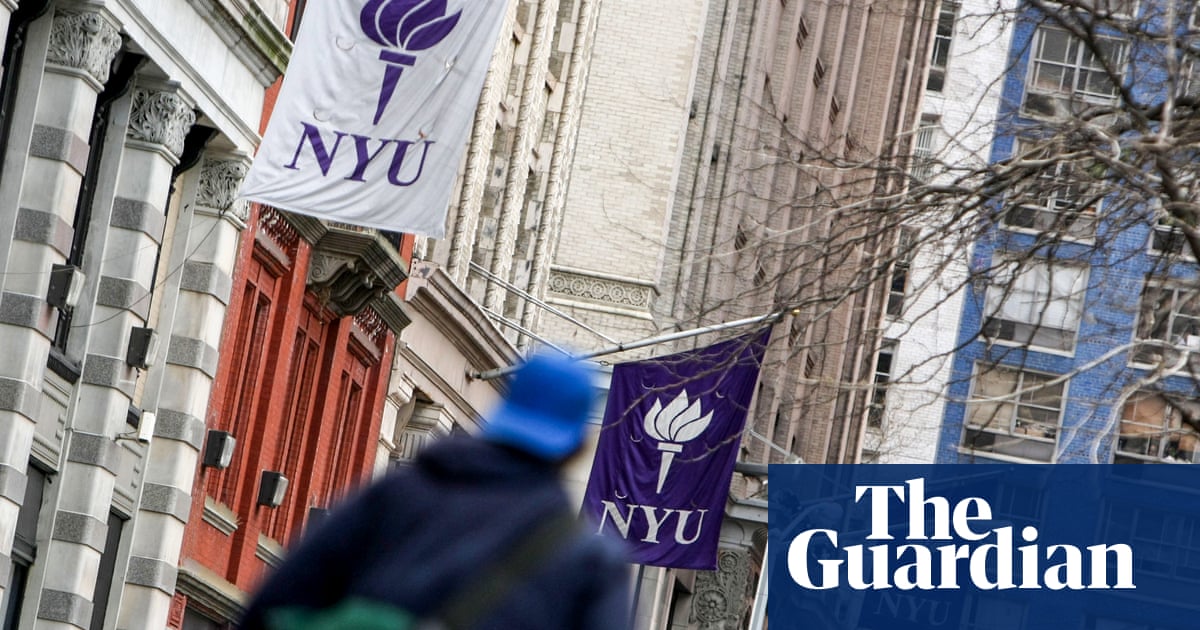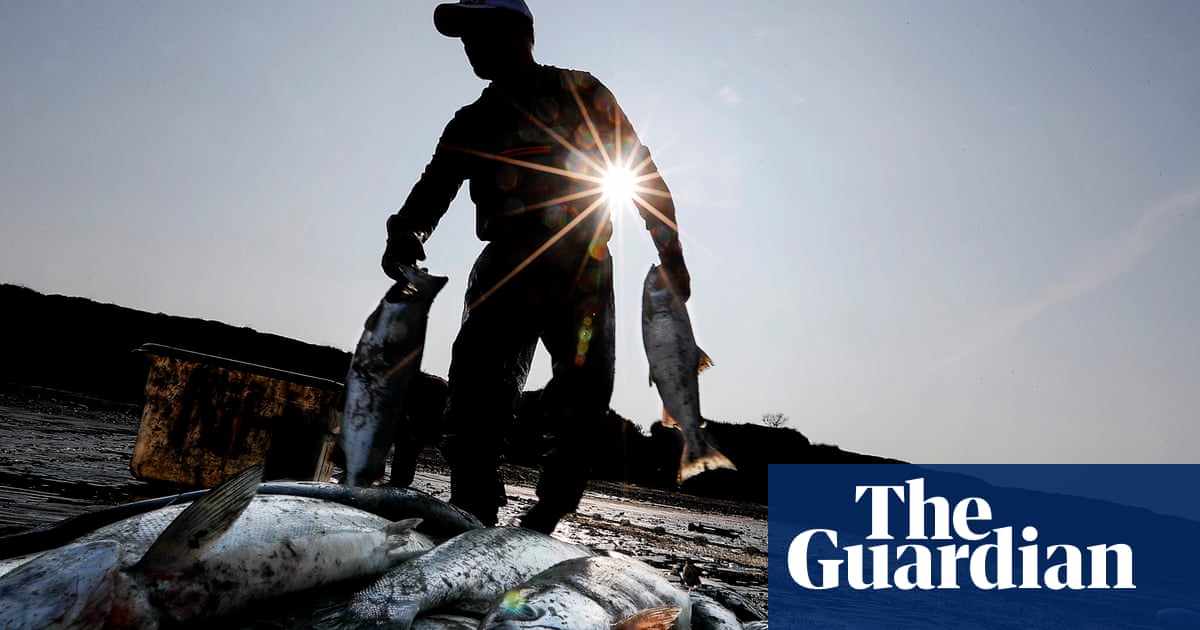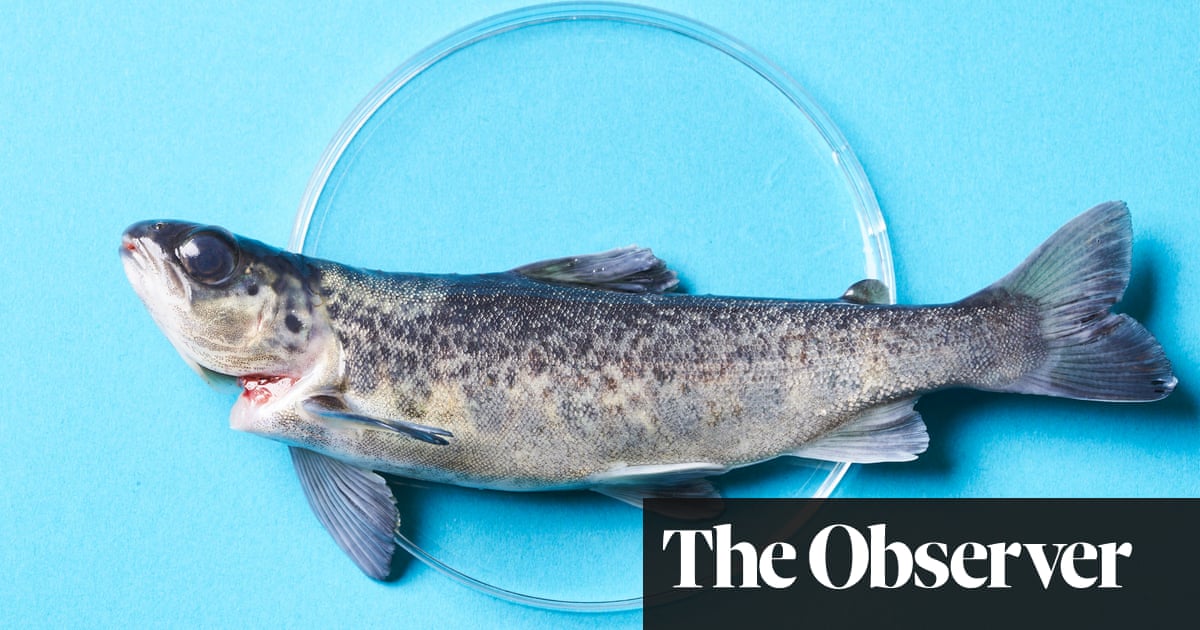New York lobbyists âaiding and abettingâ climate crisis, research reveals | New York


New research reveals that dozens of New York universities, hospitals, museums and non-profits are employing lobbyists that also work for fossil fuel companies, which some say is blatantly âaiding and abettingâ the climate crisis.
New Yorkâs wealthiest lobbying firms work double-duty in the state capital, representing the political interests of both the victims and perpetrators of the climate crisis, according to a new report from F Minus, a database of state-level lobbying disclosures released last year, and LittleSis, a project created by the non-profit corporate and government accountability watchdog Public Accountability Initiative.
The report analyzed the client rosters of six of the top lobbying firms in New York, revealing how the stateâs cultural, business and educational leaders â many of whom tout their commitment to slowing the climate crisis â are quietly linked to the fossil fuel industry.
New York University, which proudly pledged to divest its $5bn endowment from coal, oil and gas companies last year, shares its lobbyists with six fossil fuel companies, including Valero and National Grid.
Tobacco-Free Kids Action Fund, a non-profit that offers education on the deadly health effects of cigarette smoke inhalation, works with the same New York-based lobbying firm as Koch Industries, known for its prolific history of climate denial and pollution of American air and water.
The New Museum, which currently exhibits a series of paintings featuring endangered plants and animals, employs the same lobbying firm as BP America and the Williams Companies, the largest operator of gas pipelines in the country.
âYou have schools like NYU scrutinizing the energy efficiency of every single lightbulb on campus, but then they turn around and hire the same firms that represent the people who are causing the climate crisis,â said James Browning, executive director of F Minus.
Browning said the clients of fossil fuel lobbyists are âaiding and abettingâ climate change, lending their cultural cache and credibility to these lobbying firms.
âIf lobbyists only worked with fossil fuel clients, it would be much easier for lawmakers in Albany to dismiss them, close the door and not return any of their calls,â Browning said. âBut because they have all these prestigious clients, clients that are a huge part of New Yorkâs economy, it lends these lobbyists a kind of shield from scrutiny.â
Last year, Brown & Weinraub, one of the top-paid lobbying firms in New York, helped the American Petroleum Institute oppose the creation of a superfund that would generate $3bn annually for disaster recovery and climate resiliency projects. Brown & Weinraub also works with Google, which last year ramped up its public commitment to environmental causes.
A spokesperson for Google told the Guardian that the company has a proven track record of sustainability, investing in renewable energy and working to cut emissions.
But Browning warns that Brown & Weinraub can use Googleâs name to advance lobbying efforts for other, less politically attractive clients, like fossil fuel companies.
âWe know that in the capitol building, itâs pretty hard to say no to a meeting with the people who represent Google,â Browning said. âThatâs why itâs worth investigating who else your lobbyist does business with.â
The problem extends far beyond New York: in 2022 alone, Google shared lobbying firms with fossil fuel clients in 17 states.
after newsletter promotion
Nationwide, a whopping 1,500 lobbyists are working on behalf of fossil-fuel companies while simultaneously representing hundreds of Democratic cities, universities and tech giants. These outwardly left-leaning clients offer a kind of environmentally conscious visage for lobbyists, allowing them to adopt the language of the environmental movement while still enjoying the deep pockets of the fossil fuel industry.
Pittsburgh, notably, has embraced fossil fuel lobbyists more than any other major US city, according to a 2023 report from F Minus and LittleSis.
Part of the issue, climate advocates say, is that companies and non-profits overestimate the ethical guardrails that exist for political lobbyists.
âLaws regulating the relationship of lobbyists and their clients are scarce and not especially transparent,â said Carroll Muffett, president and CEO of the Center for International Environmental Law. âThe rules regarding conflicts of interest for lobbyists are not nearly as stringent as they are for attorneys, for example.â
Last month, in an email correspondence with the state commission on ethics and lobbying in government, F Minus confirmed that there was no provision in the New York Lobbying Act that âprohibits a lobbyist from working for and against a bill at the same timeâ.
Without robust oversight of political lobbyists, firms are left to self-regulate conflicts of interest. It is unclear how a lobbying firm handles situations where one client supports climate-related legislation while another client opposes it.
âIn cases where there is a conflict of interest, but maybe not a direct one, there is this big question: where does your lobbyistâs true allegiance lie,â Muffett said. âYou need to remember that question whenever you are dealing with a lobbying firm that is heavily invested in and funded by the fossil fuel industry.â
Source link




